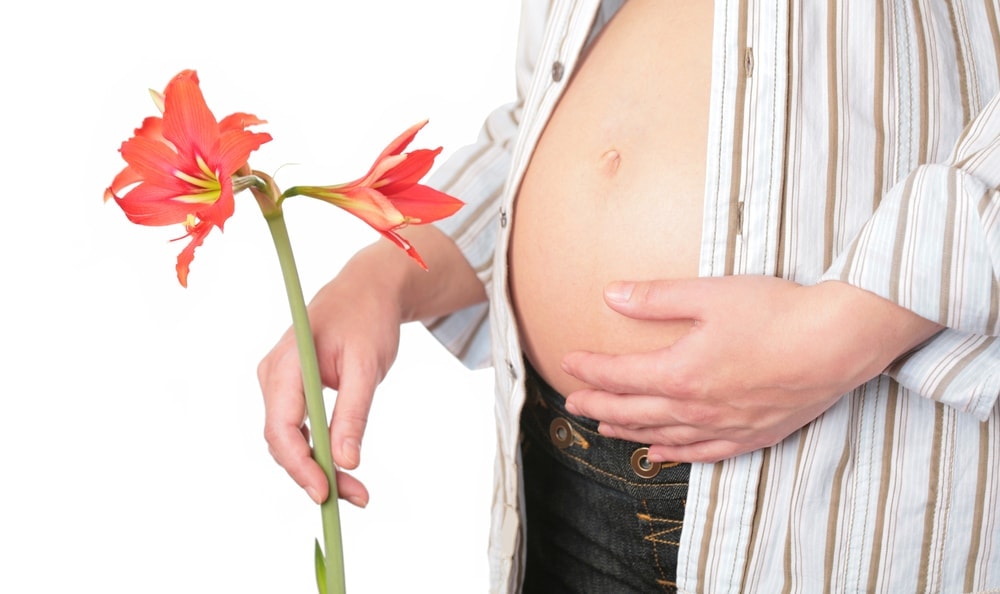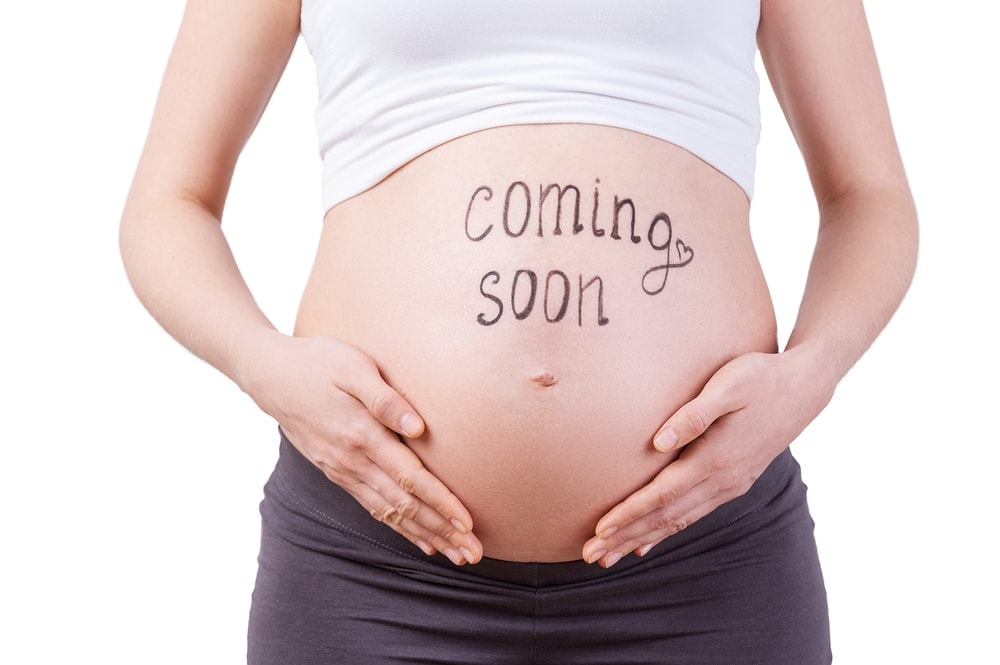Congratulations! Week 6 is when most women discover they are pregnant. This week-by-week newsletter will keep you informed about what to expect for you and your developing baby during your pregnancy. If you have just found out that you are pregnant, you may want to begin by reading the previous articles.
How is pregnancy calculated?
There can be confusion when discussing the way in which pregnancy is calculated. Since most women do not know when they conceived as it is difficult to know exactly when ovulation occurred, pregnancy is always determined from the first day of your last menstrual period (LMP). Counting from your LMP, your pregnancy will last around 40 weeks. For more information on how pregnancy is measured, please see our information on calculating your dates.
What changes are occurring with your body during the 6th week of pregnancy?
Some pregnant women may notice that they have gained a few pounds by this point, while others may have actually lost weight. You may begin noticing changes in your breasts including tenderness, darkening of the areolas, and swelling. You may also begin experiencing heartburn, which is common during pregnancy. Some women experience light bleeding during pregnancy. This spotting (spots of blood on your underwear or toilet paper after using the restroom) may be accompanied by light cramping. This is not necessarily a reason for concern. However, you will want to monitor the spotting, and let your doctor know about it at your first appointment. You would also want to consult your doctor if the bleeding becomes heavy like a normal period or if the cramps are worse than normal period cramps. This could be a sign of a miscarriage.
What is happening with your baby during the 6th week of pregnancy?
Your baby is rapidly growing. The neural tube, from which the brain and spinal cord will develop, is closing along baby’s back. The heart and other organs also are starting to form and the heart begins to beat. Development of the lungs, jaw, nose, and palate have begun. The hand and feet buds have webbed-like structures that will become the fingers and toes. A vaginal ultrasound may be able to detect an audible heartbeat at this time.
How big is your baby at six weeks?
Your baby is about ¾ of an inch (19.05 millimeters) in length.
What should you plan for during the 6th week of pregnancy?
Knowing your blood type and your partner’s blood type is important during pregnancy. Each person’s blood is one of four major types:
- Type A
- Type B
- Type AB
- Type O
Blood types are determined by the types of antigens on the blood cells. Antigens are proteins on the surface of blood cells that can cause a response from the immune system. The Rh factor is a type of protein on the surface of red blood cells. Most people who have the Rh factor are Rh-positive. Those who do not have the Rh factor are Rh-negative. It is important to know your blood type because complications could occur if the mother is Rh-negative and the baby is Rh-positive.
Tips for making your pregnancy better
Some women complain that their prenatal vitamins make them sick to their stomachs. If you experience this, you may want to take them with food or at night before going to bed. If you continue to have problems tolerating your prenatal vitamins, consult your health care provider before stopping them completely.
Tips for mom’s partner
Your partner may be struggling with morning sickness, and you may feel completely helpless. However, you can help mom cope with nausea and vomiting that are common during the first trimester. Suggest these natural options she can try to help ease the discomfort.
Other things that you could do that may be helpful include:
- Cooking (or ordering takeout!)
- Helping with the kitchen clean-up
- Grocery shopping
- Doing laundry
- Cleaning up around the house
Sources:







